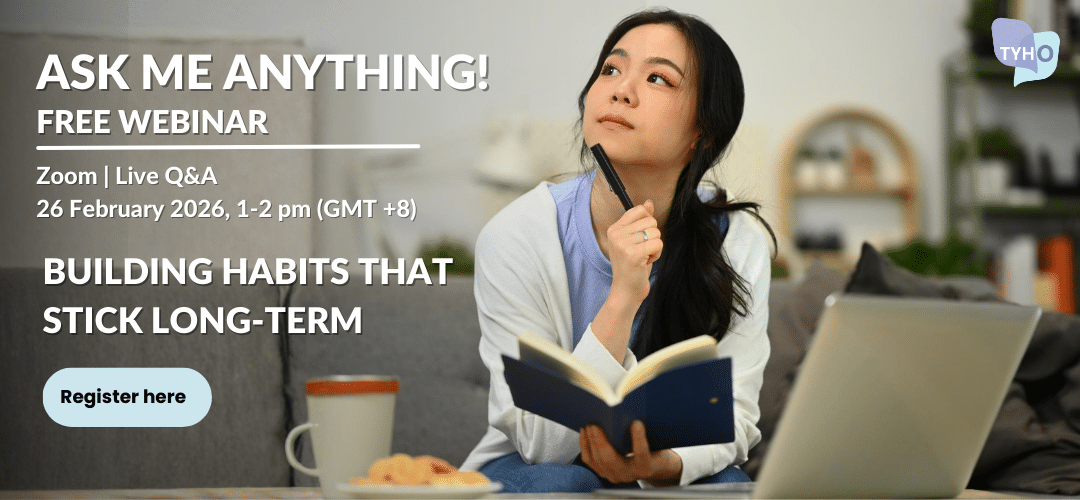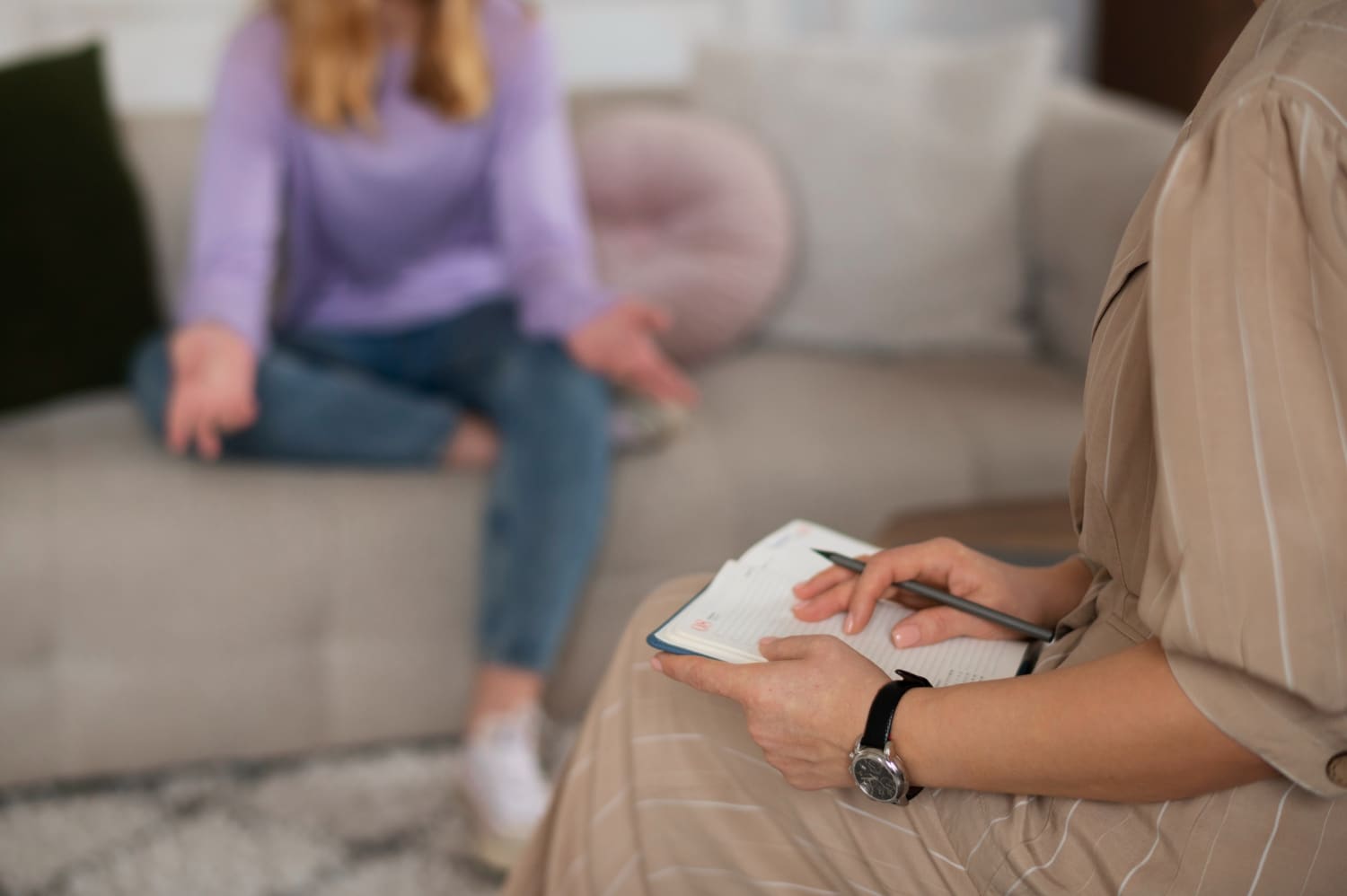- Published on 28 February 2025
Does your friend or family member struggle with mental health issues? If so, they may benefit from counselling in Australia.
Watching a loved one go through mental difficulties may be the most distressing thing. Any help we provide, including advice, may not be enough to cope with the issue. At this point, we are usually left feeling helpless but desperate to eliminate our loved ones’ problems.
However, there are some things you can do to ensure that your loved one does not spiral or worsen their symptoms. One of these is encouraging them to seek counselling in Australia.
While not everyone may feel comfortable opening up to people they know closely, talking to a mental health professional is different. Counsellors offer non-judgemental and unconditional support and help develop a personalised therapeutic plan to improve the client’s emotional and mental well-being.
In this article, let’s explore some of the things you can do to encourage your loved ones to seek counselling in Australia.
This Article Contains:
1) Providing Emotional Support
Before anything else, showing your support and love to the person suffering is important.
Immediately suggesting counselling may sometimes have the opposite effect. Seeking help can take time, and your loved ones can experience positive counselling outcomes only if they are not rushed to make a decision.
Providing emotional support could mean:
- Talking things through with them regarding their issues and what’s troubling them
- Offering to help with daily chores such as cooking or cleaning the house
- Suggesting to go out for a fresh walk together
- Trying to talk about their problems without pushing or forcing them to be honest
Offer a safe and silent space to your loved one. Make them feel comfortable, offer to pour some tea, and try to have a relaxed conversation. The most important thing to consider is the person’s comfort. Everything else may take time and can be done gradually.
2) Offering Unconditional Support
Once you are aware that your loved one is struggling with mental health issues, try to offer unconditional support and love.
‘Unconditional’ means that you are willing to support someone without any conditions.
For example, some people may hesitate to talk about what’s truly bothering them. In such cases, instead of pestering them to discuss the issue, you may have to acknowledge their struggles.
The key to remember is that offering a safe space is more important than satisfying our curiosity about the issue. We may be curious for several reasons. Knowing the issue can help us offer specific solutions. Or we may know support groups if we have more details about what our loved one is struggling with.
However, what the person in distress needs the most at the current moment is unconditional support. The first step is to always let them know you’re with them – whether or not you know their problems.

3) Initiating Conversations With Compassion
At this stage, you should gradually initiate conversations with your loved one. You can ask about what’s troubling them, what emotions they’re feeling, and how you can be of help.
However, you may want to initiate every single conversation with compassion. Try asking open-ended questions rather than giving advice or direct solutions that you think might work.
Open-ended questions usually start with:
- What (is troubling you at the moment?)
- Why (do you look distressed?)
- How (can I help you?)
Rather than suggesting specific key points, always try to keep your questions as open as possible.
For example,
“Are you stressed because of work?” is suggestive, as you’re hinting that their issues are work-related stress. The person may find it hard to shift to the actual problem.
Try asking:
“You look like you’re struggling with something. Do you want to talk about it?”
Tip: Use “I” statements to initiate conversations. For example, try saying, “I’m concerned about you. I have a suggestion that might help.”
The core of your conversation should be empathy and compassion.
4) Being Specific
Sometimes, your loved one may not be aware of their mental health issues or may not realise that they need to talk to a counsellor in Australia.
When you mention this to someone, their initial reaction may be dismissive. They may say, “I don’t feel any different” or “Nothing is wrong with me,” as they may be in a defensive mode.
To avoid triggering their defensiveness, be specific when you’re initiating conversations.
Try to observe and share any difference in their current behaviour compared to their former habits.
Communicate in a non-judgmental way. Try saying:
“I noticed you are not eating well these days.”
“I’ve perceived a change in your sleeping habits. I see you’ve been getting only a few hours of sleep daily.”
Bring up significant changes that are specific and measurable. Notice some common patterns in sleep, food habits, mood swings, tones, and behaviours.
5) Helping Them Find Counselling in Australia
You can’t force anyone, but you can definitely encourage someone to seek counselling in Australia.
One way to encourage your loved one is to do all the hard work. This includes researching offline and online counselling, shortlisting private counsellors, and gathering resources to prepare the person for their first counselling session.
To do so, try going through our diverse and well-qualified group of counsellors in Australia. You can watch their introductory videos, read their full descriptions, and review their therapeutic appraoches.
Even if you’re unsure what issue your loved one may be facing, it can be helpful to have a list of counsellors to begin with.
Shortlisting professionals based on gender, counselling style, personality, or a general list of issues can also be helpful. Anything that can give your loved one a starting point can be a huge way to encourage them to seek support.
6) Preparing for Resistance
Every person is different. Even after your strong encouragement, some people may need time to consider, while others may want to personally research before starting their counselling journey. Some may not even be open to the idea of seeking professional counselling.
Be prepared for all types of resistance. Your role as someone who cares is to provide encouragement and unconditional support.
Try to be open-minded and listen actively to their objections. If you’ve previously been to counselling or know its benefits, try bringing up these points.
Reducing your loved one’s apprehensions about seeking support may take a few conversations. Ensure your loved one knows that counselling is a private space solely focused on their personal and mental journey.
If your loved one is too resistant, it’s usually best to stop insisting. If they’re open but still hesitant, you can slowly discuss the topic in many different ways.
For example, share articles or videos about counselling, explain why you think counselling can help, and give them the idea that their first session can be a trial.
Conclusion
Encouraging a loved one to seek counselling in Australia can be an act of love and compassion. It is hard to convince someone to talk to a counsellor, but your effort shows how much you care for them and the lengths you’re willing to go to provide your support.
When your intentions are right, and you’ve prepared yourself in advance, you may be more likely to help your loved ones seek support.
Remember to have all conversations with empathy. Try not to force or firmly push someone to make a decision. The choice of seeking professional support is an entirely personal one.
If the person is angry with you, don’t worry. Love can take many forms, and it sometimes helps you face the hard truth of reality. Try to be as gentle as possible, but do not give up providing personal support if someone is unwilling to seek counselling.
















